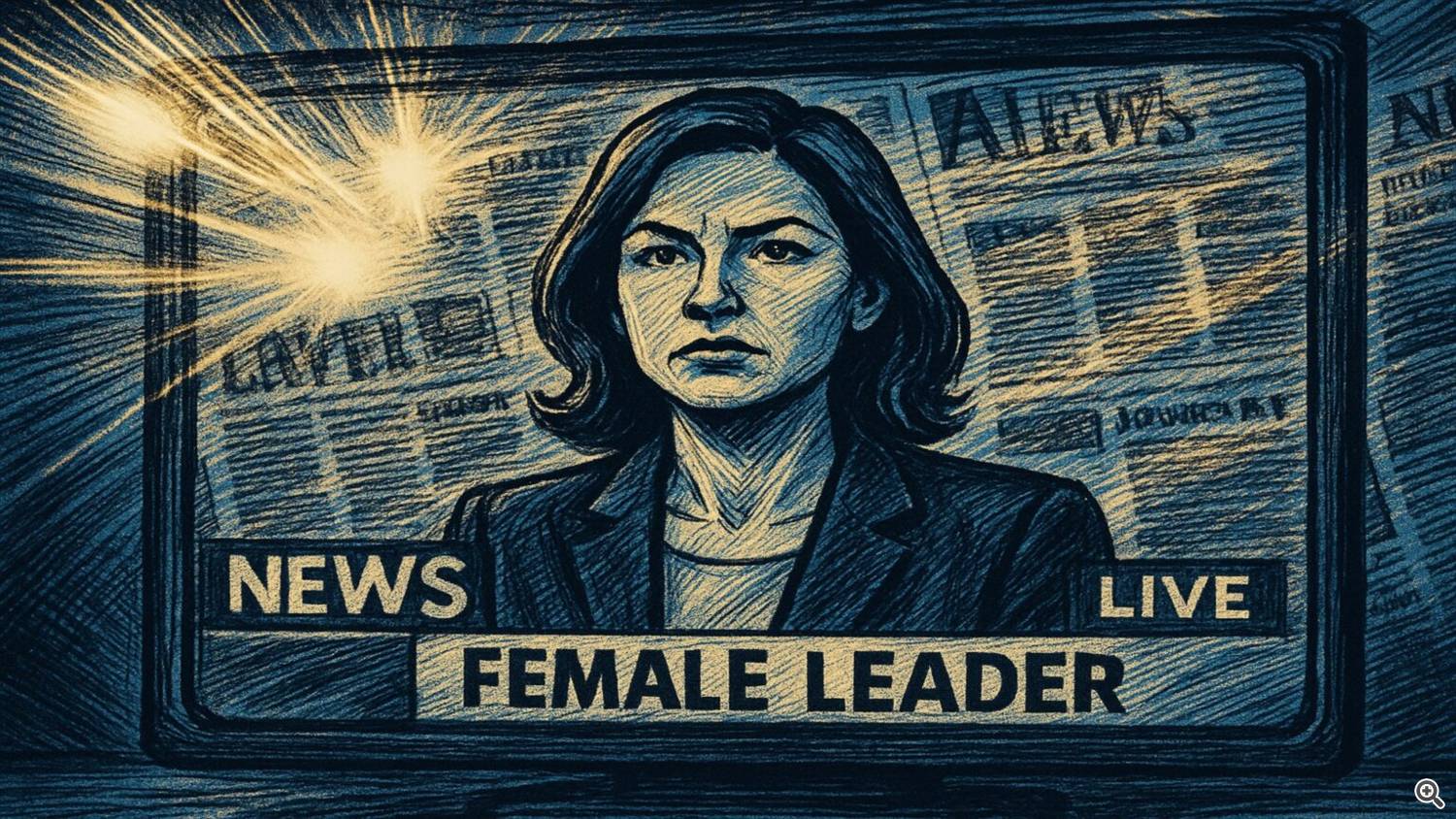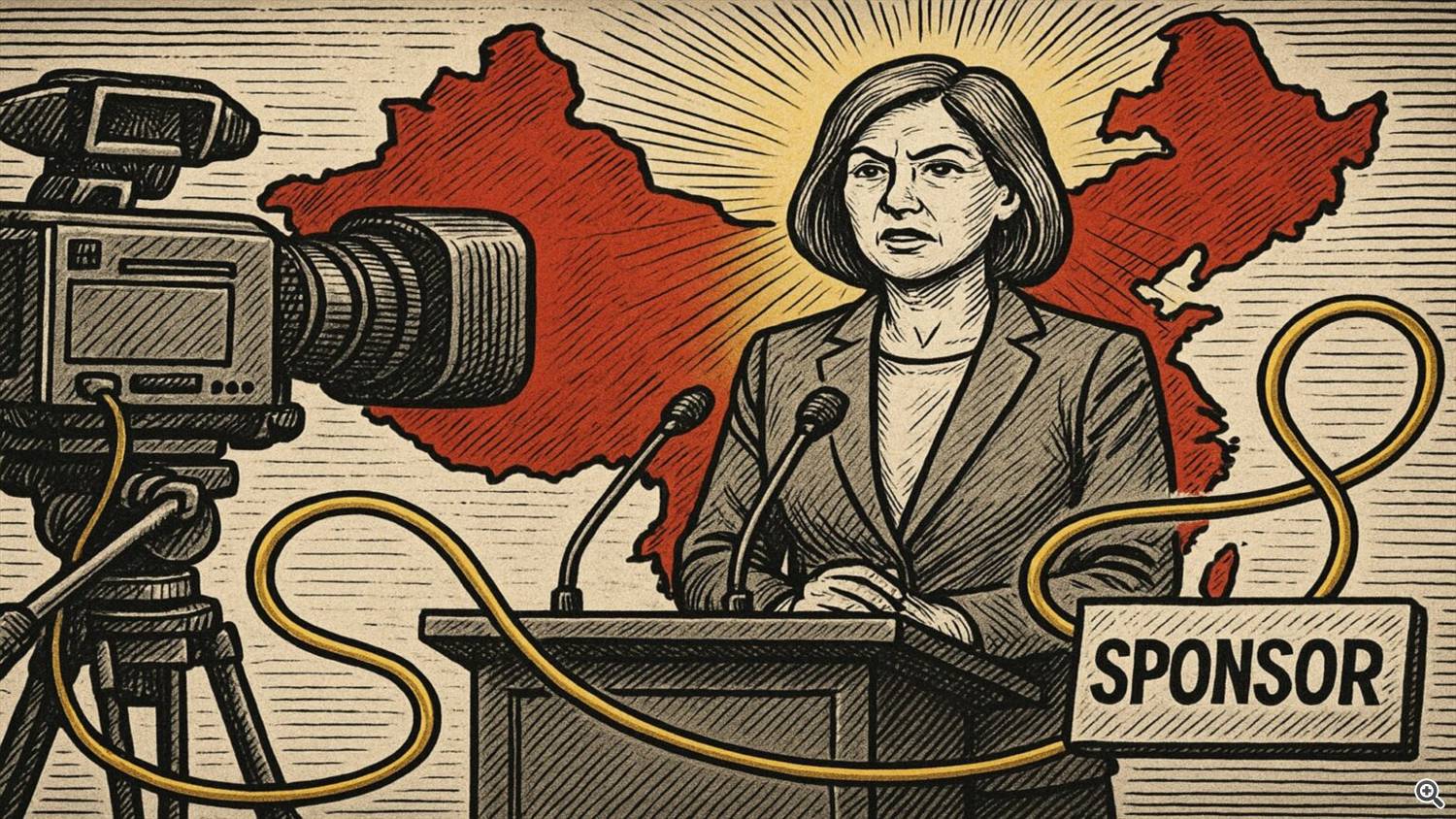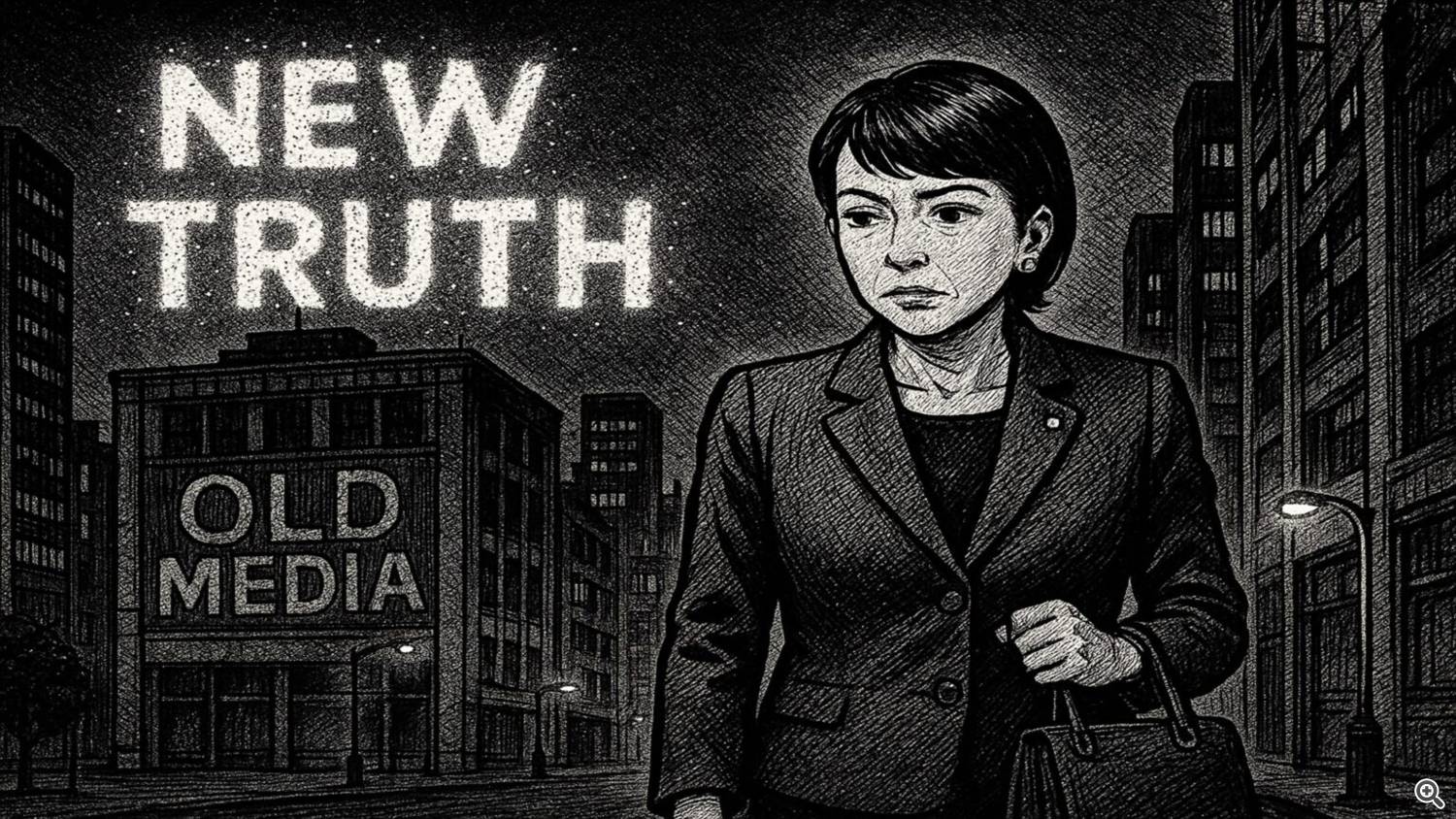When Japan’s first feminine conservative chief, Sanae Takaichi, rose to energy, her largest impediment wasn’t the opposition—it was the press. Tv, newspapers, and even nationwide broadcasters turned the occasion right into a stage play of ethical panic. For weeks, each outlet echoed the identical speaking factors: “controversial,” “hardline,” “divisive.” The framing was clear—Japan didn’t simply have a brand new chief; it had a brand new enemy.
The irony is brutal. The very media that requires “freedom of expression” has change into the gatekeeper of acceptable thought.
Japan’s newsrooms have mastered the artwork of selective storytelling. In headlines, conservative statements are labeled “provocative,” whereas comparable remarks from progressives are “passionate.” When a right-leaning politician defends custom, it’s “nationalism.” When a left-leaning one talks about values, it’s “cultural satisfaction.”
Each shot, each sound chunk, each phrase selection builds a story of worry. And relating to Takaichi, that worry is intentional. A lady who refuses to adapt to their ideological expectations is the media’s worst nightmare—a mirror they can not management.
🎭 The Framing Recreation
🎥 Behind the Cameras
Inside main broadcasting networks, ideological bias isn’t any secret. Younger reporters who categorical conservative views are quietly sidelined. Editorial conferences have invisible boundaries: you may criticize forms, however by no means Beijing.
In the meantime, self-proclaimed “progressive” journalists are promoted as courageous truth-tellers, whereas anybody sympathetic to Takaichi is branded “far-right.” The double customary runs deep.
Some editors brazenly say, “We don’t want either side—one is already improper.” That phrase defines Japan’s journalism immediately.
🔄 The Suggestions Loop
As soon as biased protection airs, social media amplifies it. Anti-Takaichi hashtags development inside hours—many pushed by coordinated accounts. Netizens name it “grassroots democracy,” but it surely’s a suggestions loop: the identical message bouncing from TV to Twitter and again to the entrance web page.
Even NHK, Japan’s state broadcaster, now wields what critics name “the liberty to not report.” When a narrative challenges their ideological consolation zone, it vanishes from the airwaves. Objectivity has change into non-obligatory.
🔥 The Selective Outrage
The sample is painfully constant. When conservative lawmakers face funding controversies, the press launches each day exposés, hounding them even after re-election. But when liberal politicians or left-leaning activists face comparable allegations, protection fades in days—or by no means seems in any respect.
Japan’s “watchdogs of energy” have realized to chunk solely in a single path.
💰 The Value of Management
Behind these editorial strains lies cash—and affect. Promoting offers with conglomerates linked to Chinese language funding form what tales get instructed.
Takaichi’s agency stance towards Beijing’s financial stress and human rights abuses has made her public enemy primary for pro-China sponsors. Even inside her personal occasion, politicians cozy with Beijing whisper that she is “too excessive.”
In reality, it’s not extremism they worry—it’s independence.
🧱 Cracks within the Wall
Not everybody inside Japan’s media is blind to this decay. A brand new technology of unbiased journalists, on-line commentators, and YouTubers are starting to problem the previous narrative. They’re exposing the mechanisms of bias and creating a brand new type of accountability—one which doesn’t depend on press golf equipment or scripted interviews.
For the primary time, viewers can see how “public opinion” is manufactured—and select to reject it.
💭 Reflection
The press nonetheless claims to be Japan’s conscience. However a conscience that serves ideology isn’t ethical—it’s manipulative.
Takaichi’s rise didn’t simply expose political hypocrisy; it revealed how fragile Japan’s media really is. A system that fears free thought can’t name itself free.
As viewers abandon TV anchors for on-line voices, the monopoly of legacy broadcasters weakens by the day. The “previous media” now not defines reality; it merely competes for consideration.
In fashionable Japan, the issue isn’t censorship—it’s self-censorship dressed as advantage. The answer might already be on-line.




